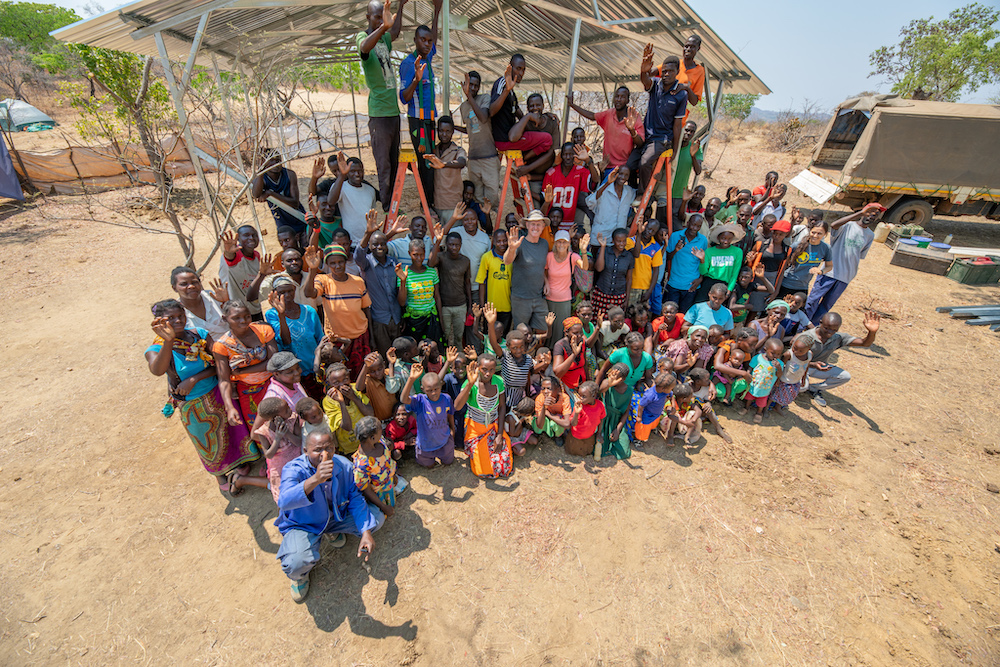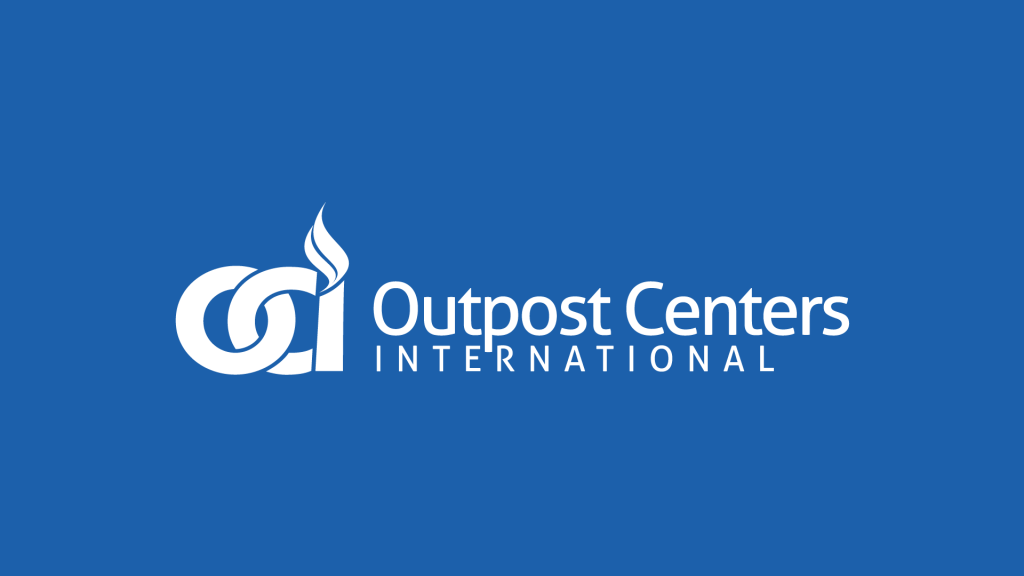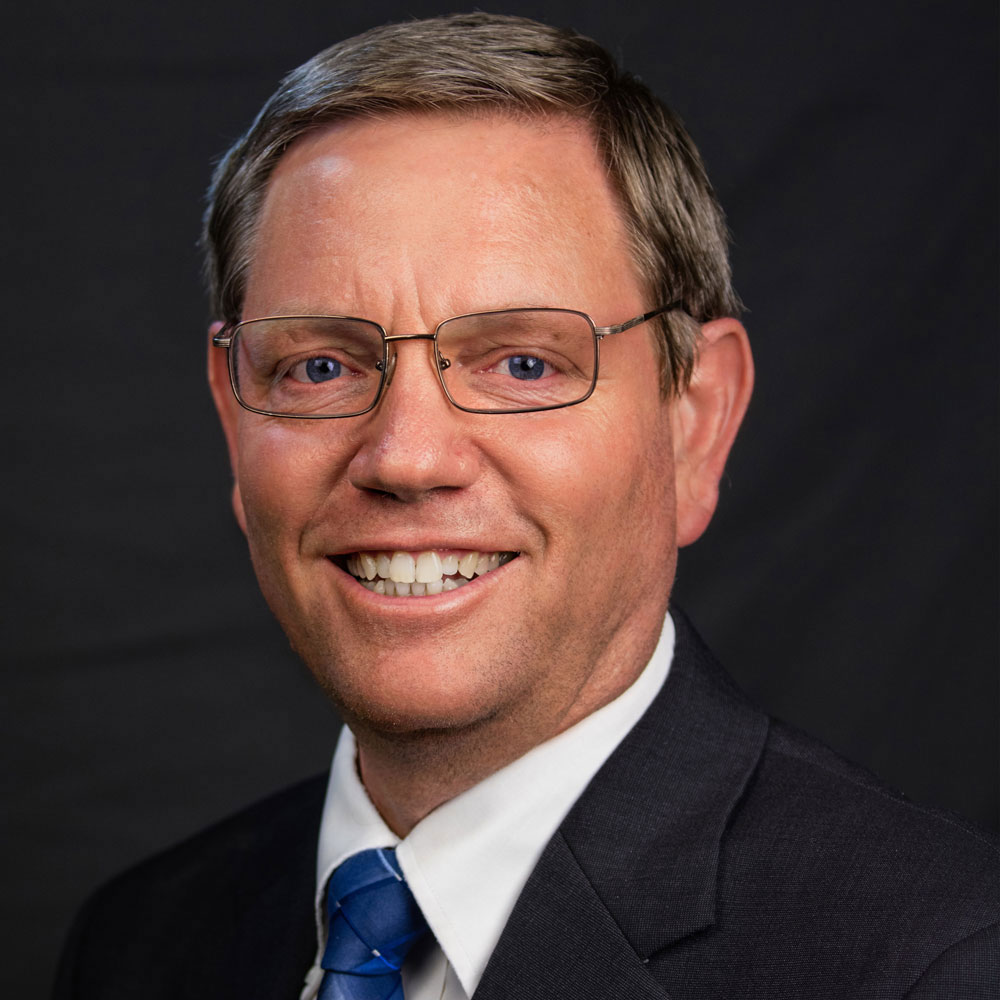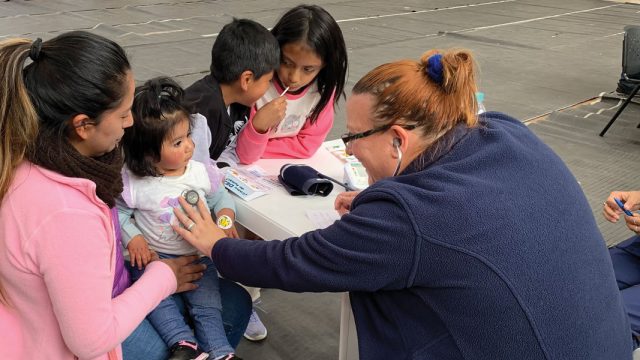Outpost Centers International president shares how the organization supports mission.

What do an orphanage led by members of the Seventh-day Adventist Church in Southeast Asia, a vocational school in Africa, and a missionary initiative on a South Pacific Island have in common?
Chances are, they are members of Outpost Centers International (OCI), an umbrella mission organization that connects and supports Adventist lay-led ministries around the world.
On the sidelines of the 2023 Adventist Laymen’s Services and Industries, OCI president Steve Dickman shared how the organization he leads is networking with the Adventist Church organization to establish lay-led ministries in every country of the world.
It Began with a Vision
OCI started in 1983 and grew up out of the Adventist Laymen’s Services and Industries (ASi) organization. According to the organization’s website, it began with a vision.
“That vision involves thousands of lay people developing ways to extend God’s work in this world,” it reads. “It sees an army of young adults trained, dedicated, and committed to sharing the gospel in ways that are both practical and relevant. The vision pictures health, educational, and evangelistic centers being located in country settings, but impacting metropolitan centers.”
That same vision was an integral part of the early history of the Seventh-day Adventist Church.
“When ASi was initially formed, it was designed mainly for supporting ministries of the Seventh-day Adventist Church,” Dickman, who became OCI president in 2021, explained. “In the 1970s, ASi began to take on the business component as well. So, the supporting ministries — which nowadays make up a third of ASi-member entities — felt they needed a certain place for them to meet and encourage each other, because of the unique features and context of these ministries.”
Dickman, who, before taking his current position, led ASi itself for six years, said that as those ministries began to grow, lay leaders decided to start a global organization to gather supporting ministries and connect them better with the church and its mission. Unlike ASi, which is closely connected to each division of the world church, OCI is a global entity that serves supporting ministries around the world, he explained.
“We believe that we can help the Seventh-day Adventist Church with mission by gathering, networking together, … and making sure that ministries, no matter where they are, are working in harmony with the church,” Dickman said. “If there are difficulties, we help them solve them.”
A Network of Lay Ministries
Currently, around 280 ministries scattered across 75 countries come under the OCI umbrella, according to Dickman. “The vision of the organization is that there should be a network of lay ministries working in every country of the world,” he said. “And it’s not about trying to be the Seventh-day Adventist Church but to help the church.”
For many decades, the Adventist Church has attempted to gain a presence in every country, and some of those countries are pretty difficult, Dickman acknowledged. “I think OCI — the lay people — have a role to play, especially in these difficult countries, because we can go as business people and as other kinds of entities creating a presence there, beginning a work there that the church cannot do.”
Dickman described how he visited a country once where one cannot go with “Adventist pastor” listed as one’s occupation. “The [Adventist] church is very small there,” he said. “But I was able to go as a tourist, with my title as an educator, because that’s what I am. I spent a week exploring the country, thinking, what can we do here? What are the possibilities that someone with a lay business orientation could come and do? What would that look like?”
He shared how he traveled with a lay person from within that country. “He came with me as a translator and my guide,” Dickman said. “We believe the Lord will open some doors for us to open a center of influence there, as a business from a layperson who is not an employee of the Adventist Church.”
In some areas of the world, this needs to be the case, Dickman explained. “My goal is to envision what should be done and to encourage that,” he said.
Three Strategies
Dickman shared the three strategies OCI is pursuing to get to a point that lay-led ministries are present in every country of the world. “First, we have to inspire people that they can do something,” he said. “You don’t need to be paid by the church to do ministry.”
Then, he added, “we have to empower them and train them in best practices. Also resourcing them — giving them guidance and help and counsel along the way.”
Finally, Dickman said, OCI believes in the need of developing strong relationships. In that context, he emphasized, the Adventist Church should be the strongest partner, “because we are working together towards the same mission: we want to get the three angels’ messages to the world.”
Outpost Centers International is an independent supporting ministries and is not operated by the corporate Seventh-day Adventist Church.











